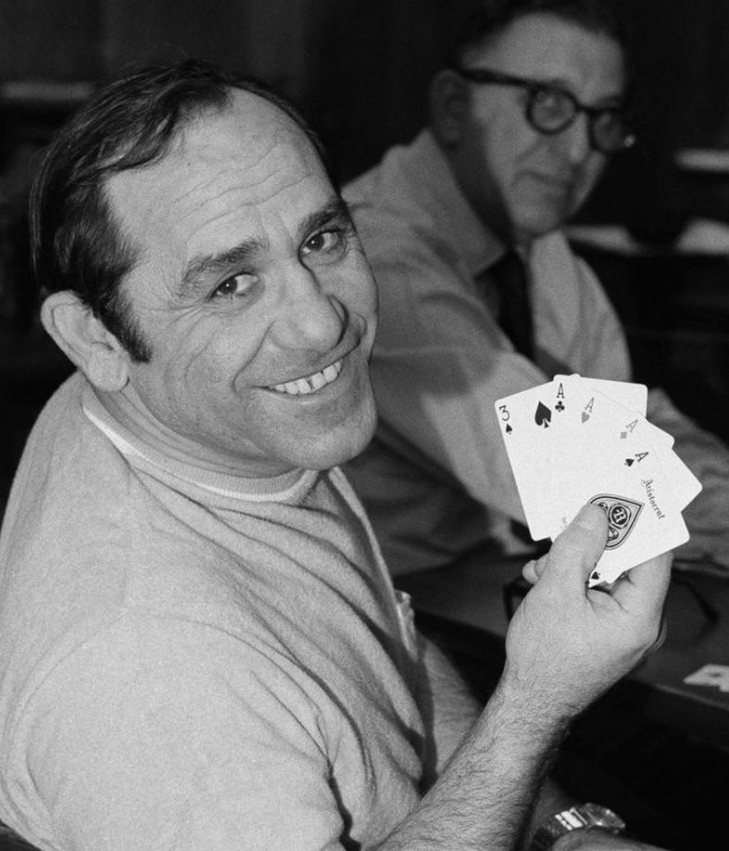Polytheistic religion: Exploring the belief in multiple deities
In the vast landscape of world religions, one of the most intriguing and diverse categories is that of polytheistic religions. These belief systems are characterized by the worship of multiple deities, each with their own unique powers, attributes, and responsibilities. In this article, we will delve into the fascinating world of polytheistic religions, exploring their origins, practices, and significance in various cultures throughout history.
### Understanding polytheistic religion
#### What is polytheism?
Polytheism is a belief system that involves worshiping multiple gods or deities. These gods are often thought to have distinct personalities, powers, and domains of influence. In polytheistic religions, each deity is typically associated with specific aspects of life, such as love, war, fertility, or the natural world. Followers of polytheistic religions may worship individual deities or pantheons of gods and goddesses.
#### Origins of polytheistic religion
Polytheistic religions have been practiced in various cultures around the world for thousands of years. Some of the oldest known examples of polytheism can be found in ancient Mesopotamia, Egypt, and Greece. These early civilizations believed in a plethora of gods and goddesses, each governing different aspects of their world.
Over time, polytheistic religions evolved and spread to other regions, including India, Japan, and the Americas. Each culture developed its own pantheon of deities, often reflecting the values, beliefs, and traditions of the society. Polytheism remains a significant part of several modern religions, such as Hinduism, Shintoism, and various indigenous belief systems.
### Key characteristics of polytheistic religion
#### Diversity of deities
One of the defining features of polytheistic religions is the diversity of gods and goddesses worshiped by followers. These deities may represent various forces of nature, abstract concepts, or human virtues. In some cases, gods and goddesses are thought to embody both benevolent and malevolent qualities, reflecting the duality of existence.
#### Pantheons of gods
Many polytheistic religions organize their deities into pantheons, or groups of gods and goddesses with interconnected relationships. These pantheons often include major gods who rule over specific domains, as well as minor deities who serve specialized functions. The relationships between different gods within a pantheon can be complex, with myths and stories explaining their origins, interactions, and conflicts.
#### Rituals and ceremonies
Polytheistic religions are typically accompanied by a rich tradition of rituals and ceremonies designed to honor and appease the gods. These rituals may include prayers, offerings, sacrifices, and festivals dedicated to specific deities. Followers of polytheistic religions often seek the favor of gods through acts of devotion and worship, believing that such actions will bring blessings, protection, and prosperity.
### Major polytheistic religions
#### Hinduism
Hinduism is one of the world’s oldest and largest polytheistic religions, with over a billion followers in India and around the world. Hinduism encompasses a diverse array of deities, with major gods such as Brahma, Vishnu, Shiva, and Devi playing central roles in the religious tradition. Hinduism also includes a vast pantheon of lesser gods, spirits, and divine beings, each with its own significance and mythology.
#### Ancient Egyptian religion
The ancient Egyptians worshiped a pantheon of gods and goddesses who governed various aspects of nature, society, and the afterlife. Major deities such as Ra, Isis, Osiris, and Horus were revered for their roles in creation, fertility, and protection. The Egyptian religion included elaborate rituals, such as mummification, temple offerings, and funerary rites, designed to ensure a favorable outcome in the afterlife.
#### Greco-Roman religion
The ancient Greeks and Romans believed in a pantheon of gods and goddesses who resided on Mount Olympus (Greek) or in the celestial realm (Roman). Major deities such as Zeus, Athena, Apollo, and Venus were worshiped for their powers over the elements, war, wisdom, and love. The Greco-Roman religion involved a variety of rituals, festivals, and sacrifices to honor and seek favor from the gods.
### Polytheism in modern religions
#### Shintoism
Shintoism is the indigenous religion of Japan, characterized by a reverence for nature, ancestors, and spirits known as kami. Shintoism includes a diverse pantheon of deities associated with mountains, rivers, animals, and natural phenomena. Followers of Shintoism engage in rituals such as purification ceremonies, shrine visits, and seasonal festivals to honor the kami and seek their blessings.
#### Indigenous religions
Many indigenous cultures around the world practice forms of polytheism that honor local spirits, ancestors, and nature deities. These religions often involve sacred ceremonies, rituals, and storytelling traditions passed down through generations. Indigenous polytheistic beliefs reflect a deep connection to the land, community, and spiritual forces that shape the natural world.
#### Neopaganism
Neopaganism is a modern movement that draws inspiration from ancient polytheistic traditions, mythology, and spirituality. Neopagans worship a wide range of gods and goddesses from diverse cultures, blending elements of folklore, magic, and personal spirituality. Neopagan practices vary widely, including rituals, ceremonies, and seasonal observances that celebrate the cycles of nature and the divine.
### Conclusion
Polytheistic religions offer a fascinating glimpse into the diverse ways that cultures around the world have understood and worshiped the divine. Through their rich pantheons of gods, complex mythologies, and intricate rituals, polytheistic religions reflect the multifaceted nature of human spirituality and the interconnectedness of the natural world. Whether in the ancient past or the modern era, polytheistic beliefs continue to inspire awe, wonder, and a deep sense of connection to the sacred.


